In business with the best


Shaped by business, designed for success
Master cutting-edge GenAI
Unleash the power of GenAI in your projects, competitions, and real-world ventures. Excel and thrive in a rapidly evolving business landscape.
Bridge to global opportunities
Cultivate a cross-cultural perspective through study trips, internships, and exchange programmes at more than 70 university partners in over 20 countries.
Graduate and accelerate
Arm yourself with a wealth of real-world experiences, and advance your career with reputable companies like OUE, OCBC, and Raffles Hotel – all within shorter timeframes.
Thrive both professionally and personally


How My Passion for Media and Business Led Me to NTU Communication Studies
Confident that NYP’s Mass Media Management (now Media & Communication Management) is her top choice, Bautista Beatrice Regine Poblete (Class of 2024) shares how she got to one of the top schools for communication & information.
Read Beatrice's storyNEW Specialisations: Diploma in Business Management
Pick Business Psychology or AI & Business Digitalisation. Or choose from our existing specialisations like International Business Management.
Find out moreChart your course to success
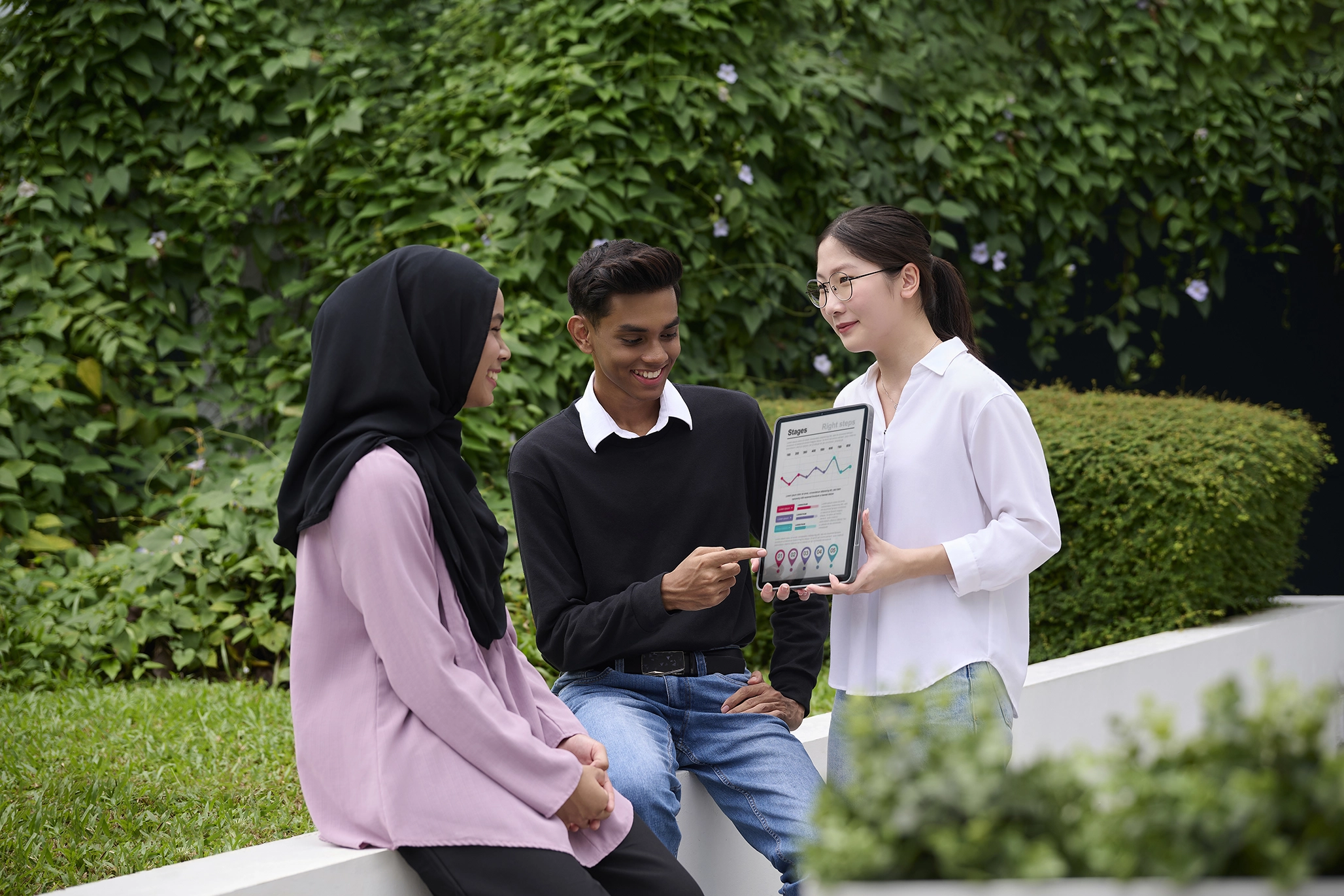
Accountancy & Finance (C98)
ELR2B2-B (2025 JAE): 5 - 12 pointsELMAB3 (2025 PFP): 3 - 9 points
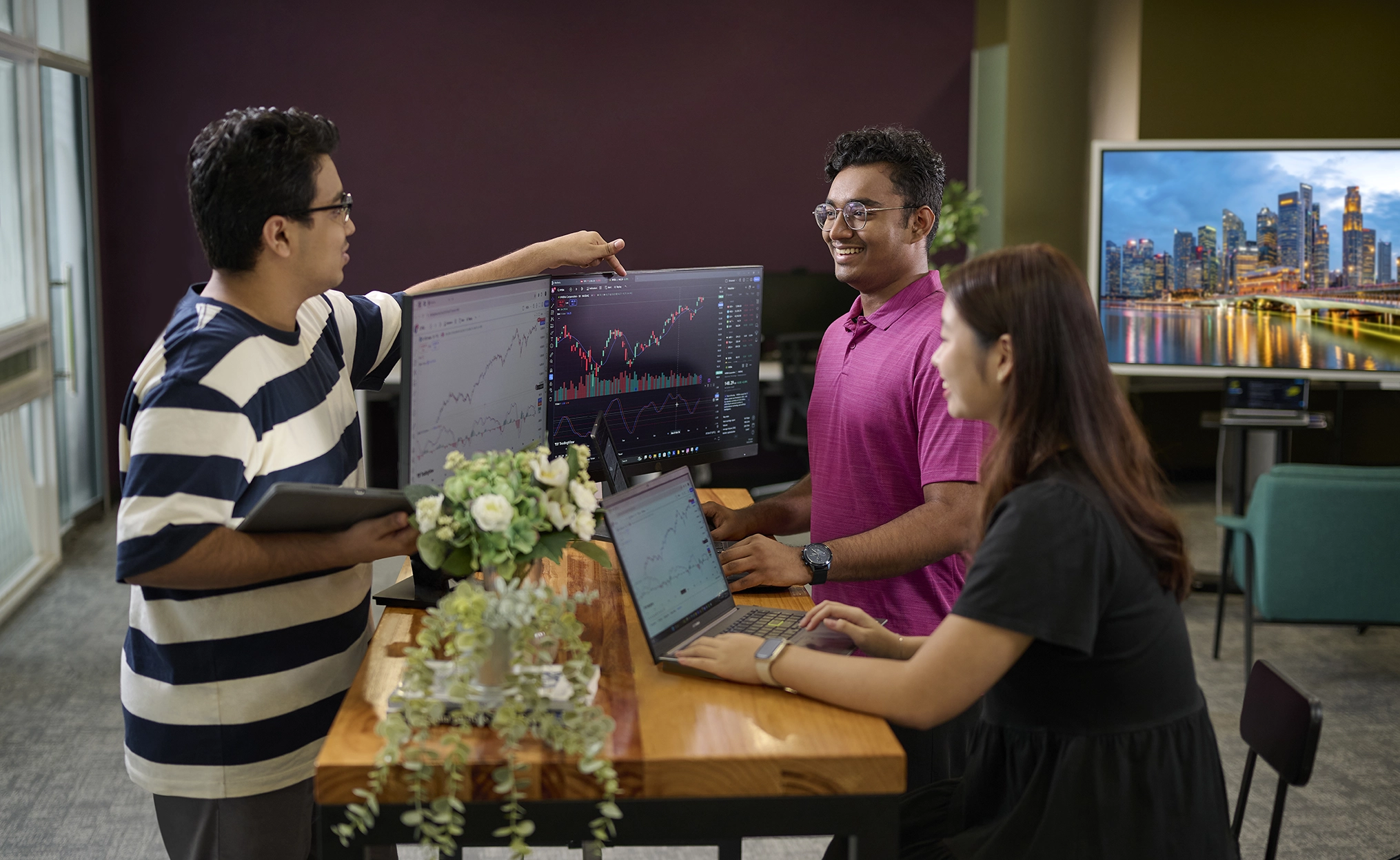
Banking & Finance (C96)
ELR2B2-B (2025 JAE): 3 - 11 pointsELMAB3 (2025 PFP): 4 - 8 points

Business Management (C94)
ELR2B2-B (2025 JAE): 5 - 15 pointsELMAB3 (2025 PFP): 6 - 9 points
_resized.jpg)
Food & Beverage Business (C46)
ELR2B2-B (2025 JAE): 5 - 16 pointsELMAB3 (2025 PFP): 4 - 10 points
_resized.jpg)
Hospitality & Tourism Management (C67)
ELR2B2-B (2025 JAE): 10 - 16 pointsELMAB3 (2025 PFP): 3 - 11 points
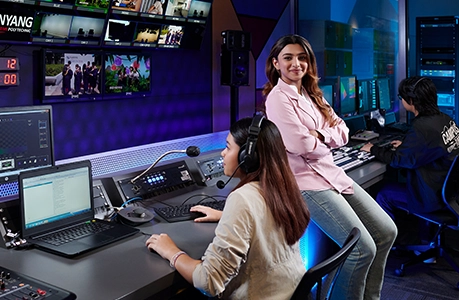
Media & Communication Management (C93)
ELR2B2-B (2025 JAE): 5 - 13 pointsELMAB3 (2025 PFP): 4 - 10 points
_resized.jpg)
Sport & Wellness Management (C81)
ELR2B2-B (2025 JAE): 7 - 14 pointsELMAB3 (2025 PFP): 5 - 7 points

Common Business & Technology Programme (C24)
_resized.jpg)
Common Business Programme (C34)
ELR2B2-B (2025 JAE): 7 - 14 pointsELMAB3 (2025 PFP): 5 - 9 points
Immersive learning that taps the power of industry
Glimpse at what we’ve done

Innovating beyond the classroom: Jetson Lam's entrepreneurship journey
From launching a streetwear brand to developing a gamified loyalty platform, Jetson Lam (Class of 2020) now runs an award-winning digital marketing agency.

Angeline Woi Hui Yun Wins Medallion of Excellence at WorldSkills 2025
A graduate of the Diploma in Food & Beverage Business, Angeline brought passion, precision, and perseverance to the global culinary stage – earning international recognition and inspiring future NYP chefs.
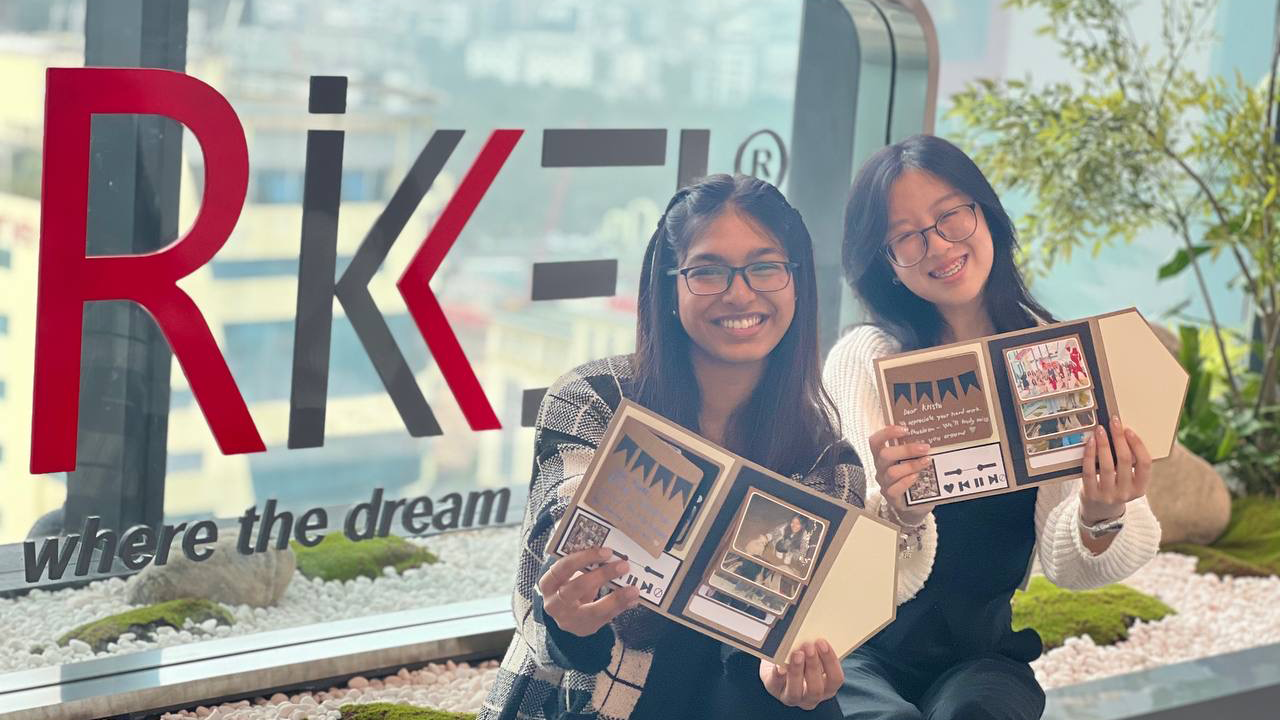
Unlocking Global Opportunities: Rajeswari's Inspiring Internship Journey in Vietnam
Rajeswari Kannathal D/O Muthuganapathy from the Diploma in Business Management shares about her semester-long internship experience.
Create innovative solutions
for leading businesses
under the guidance of an expert faculty.

See all about the Teaching Enterprise Project (TEP)

Omnichannel Retail Centre
Get hands-on with live-streaming events and running social media campaigns for partners such as Shopline, Tott, and Nanyang Optical.
_resized.png)
L’Rez Training Restaurant and Coffeeman Training Cafe
Fuel your entrepreneurial spirit with culinary flair and mixology expertise, all while honing impeccable service skills in this fully operational restaurant and training cafe.
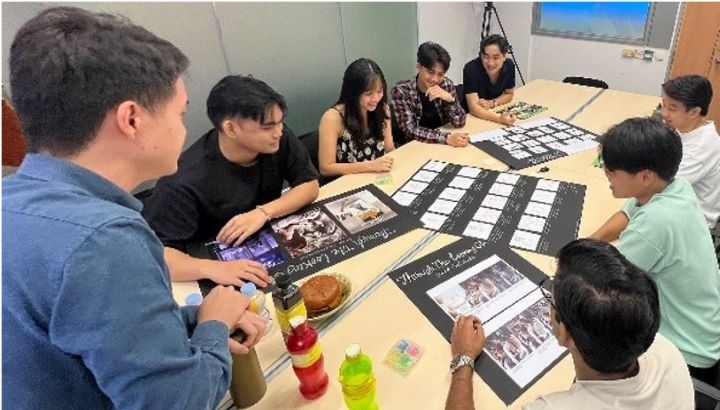
Business Research and Services Centre
From market research to customer analytics, uncover deep insights into consumer behaviour and expectations across industries.

CareerLink
Unlock a comprehensive suite of HR resources, including employer branding, employee engagement, and job redesign tools. Experiment with innovative workplace practices.

Customer Experience and Analytics Centre
Collaborate with industry leaders in sectors from electronics to wealth management. Develop strategies that improve customer experience across online and offline channels.

SWAgency
Work with industry partners such as ACCOR and SportSG. Tackle real-world challenges in areas like sport events, fitness training, and wellness management.
MediaHub
Unleash your vision in a next-gen studio, where virtual production capabilities, a 4K video system, and industry-standard lighting ignite creative possibilities.
Explore. Learn. Grow.
_resized.jpg)
_resized.png)
_resized.jpg)
_resized.png)
_resized.jpg)
_resized.png)



























